Toxicidad por setas en perros: lo que hay que saber y qué hacer
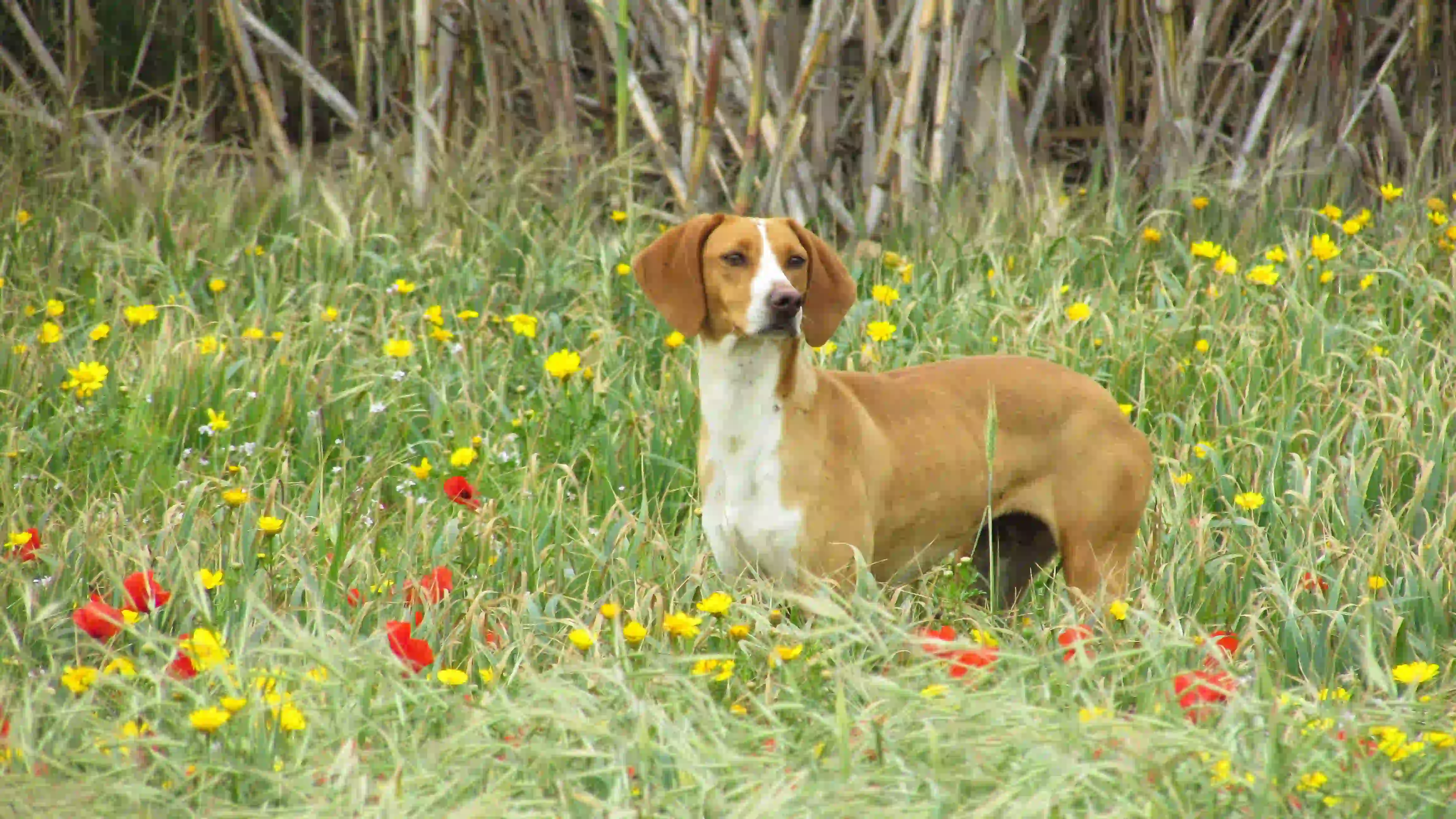
Las setas son comunes en muchos patios, jardines, parques, campos y bosques y, aunque puedan parecer inofensivas, pueden suponer una grave amenaza para su compañero canino. La toxicidad de las setas en los perros es una enfermedad potencialmente mortal que requiere atención inmediata. Comprender los riesgos, reconocer los síntomas y saber cómo actuar puede marcar la diferencia a la hora de proteger la salud de su perro.
Entender la toxicidad de las setas
No todas las setas son tóxicas, pero las que lo son pueden causar reacciones graves y a veces mortales en los perros. Las setas tóxicas contienen diversas sustancias nocivas, como amatoxinas, giromitrinas, muscarina, ácido iboténico y psilocibina, cada una de las cuales afecta al organismo de forma diferente. Algunas de las setas más peligrosas para los perros son:
- Especies de Amanita (por ejemplo, gorra de la muerte, ángel destructor)
- Especies de Galerina
- Especies de Gyromitra (por ejemplo, falsas colmenillas)
- Especies de Inocybe y Clitocybe
- Especies de Psilocybe (por ejemplo, las «setas mágicas» que contienen psilocibina)
Síntomas de la intoxicación por setas
Los síntomas de la intoxicación por setas en perros pueden variar en función del tipo de seta ingerida y de la cantidad consumida. Los síntomas comunes incluyen:
- Malestar gastrointestinal: vómitos, diarrea, dolor abdominal, babeo.
- Síntomas neurológicos: temblores, convulsiones, falta de coordinación, alucinaciones, agitación
- Daños hepáticos y renales: ictericia, aumento de la sed y la micción, letargo
- Problemas cardiovasculares: frecuencia cardiaca anormal, tensión arterial baja
- Problemas respiratorios: dificultad para respirar
Los síntomas pueden aparecer entre 15 minutos y varias horas después de la ingestión. Algunas setas tienen un inicio retardado de los síntomas, que pueden aparecer hasta 24 horas después, por lo que es crucial actuar con rapidez si sospecha que su perro ha comido una seta.
Medidas inmediatas que debe tomar si su perro consume setas
- Identifique la seta: Si es posible, intente identificar la seta que ha comido su perro. Haga una foto o recoja una muestra (con guantes para evitar la contaminación) para enseñársela al veterinario. No intente identificar la seta usted mismo a menos que sea un experto, ya que muchas setas tienen un aspecto similar.
- Llámenos (a su veterinario): Póngase en contacto con nosotros inmediatamente, incluso si su perro no muestra ningún síntoma. Si no estamos abiertos, llame a uno de los hospitales de urgencias que aparecen en nuestra página de Información de Urgencias. Proporcione toda la información posible, incluido el tipo de seta (si se conoce), la cantidad ingerida y la hora de la ingestión.
- Inducir el vómito (sólo si lo indica un veterinario): Podemos indicarle que provoque el vómito para evitar una mayor absorción de las toxinas. No intente hacerlo sin orientación profesional, ya que a veces puede causar más daño que beneficio.
- Busque atención veterinaria de urgencia: El siguiente paso es llevar a tu go a nosotros o a la clínica veterinaria u hospital de animales de urgencias más cercano lo antes posible. Lleve consigo la muestra de la seta o una foto para su identificación.
Tratamiento y recuperación
El tratamiento de la toxicidad por setas en perros dependerá del tipo de seta ingerida y de la gravedad de los síntomas. Los tratamientos comunes incluyen:
- Descontaminación: Inducir el vómito, administrar carbón activado para fijar las toxinas y realizar un lavado gástrico (lavado de estómago) si es necesario.
- Cuidados de apoyo: Líquidos intravenosos para mantener la hidratación y apoyar la función renal y hepática, medicamentos para controlar los vómitos, la diarrea, las convulsiones y otros síntomas.
- Antídotos específicos: En algunos casos, puede haber antídotos específicos para contrarrestar los efectos de las toxinas..
La recuperación de la intoxicación por setas puede variar. Algunos perros pueden recuperarse rápidamente con un tratamiento rápido, mientras que otros pueden experimentar síntomas prolongados o daños permanentes en órganos como el hígado o los riñones. La atención de seguimiento y la supervisión por nosotros (su veterinario) son cruciales para asegurar la recuperación completa de su perro.
Prevención de la toxicidad por setas
La mejor manera de proteger a su perro de la toxicidad por setas es prevenir la exposición en primer lugar. He aquí algunas medidas preventivas:
- Inspeccione regularmente su jardín: Retire cualquier seta que encuentre de forma rápida y segura.
- Lleve al perro con correa: Cuando pasee por zonas donde las setas son frecuentes, lleve a su perro con correa para evitar que se coma todo lo que encuentre.
- Enséñele órdenes: Enseñe a su perro a obedecer órdenes como «déjalo» o «suéltalo» para evitar la ingestión accidental de sustancias nocivas.
- Infórmese: Aprenda a reconocer las setas tóxicas más comunes de su zona para proteger mejor a su mascota.
Conclusión
La toxicidad por setas es un riesgo grave para los perros, pero con una actuación rápida y una atención veterinaria adecuada, muchos perros pueden recuperarse totalmente. Estar atento al entorno de su perro y saber qué hacer en caso de ingestión de setas puede salvarle la vida. Si sospecha que su perro ha ingerido una seta, póngase inmediatamente en contacto con nosotros o con la clínica u hospital veterinario más cercano y actúe con rapidez para garantizar su seguridad.


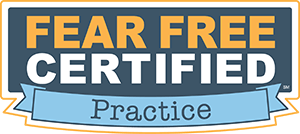

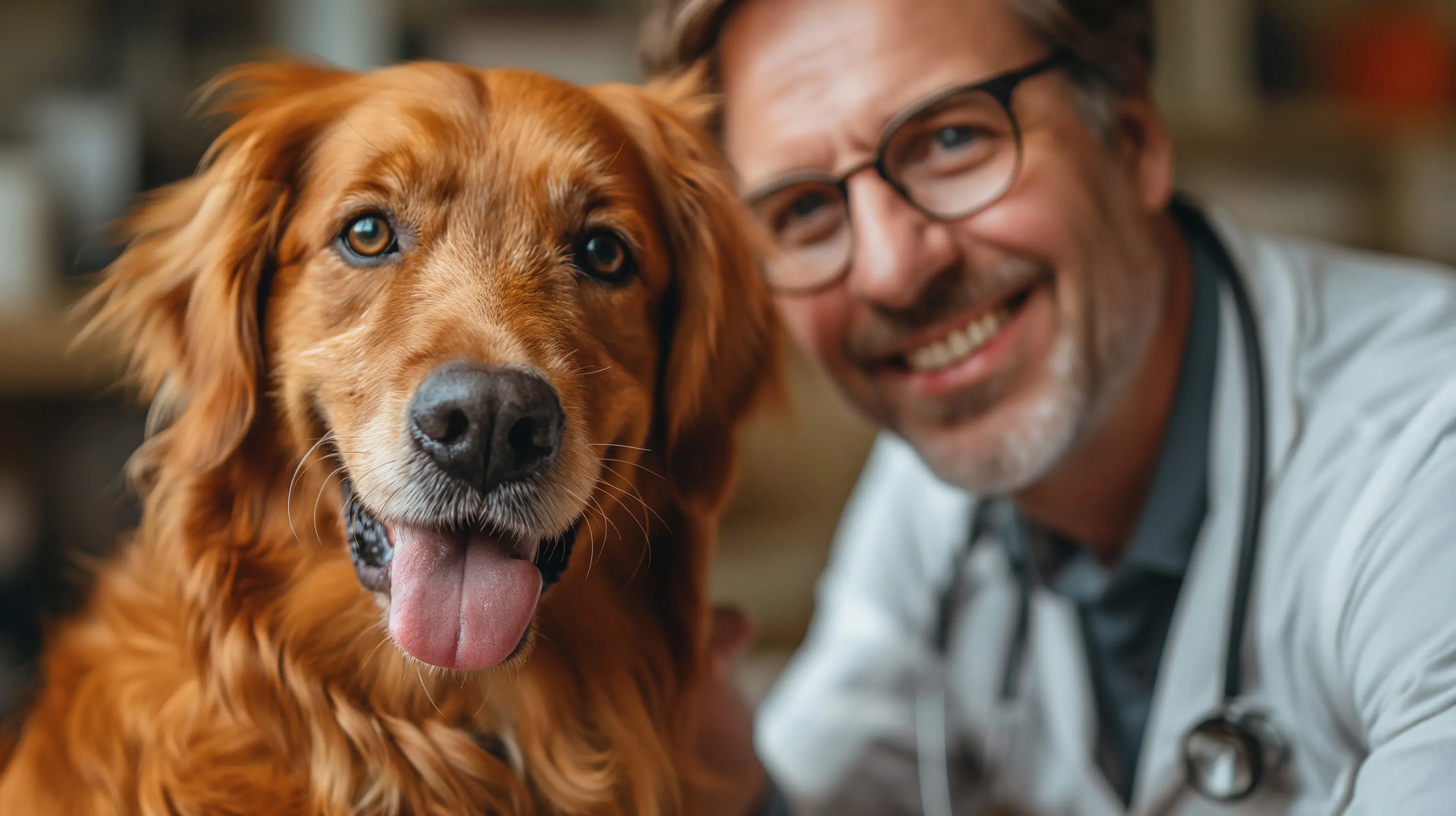
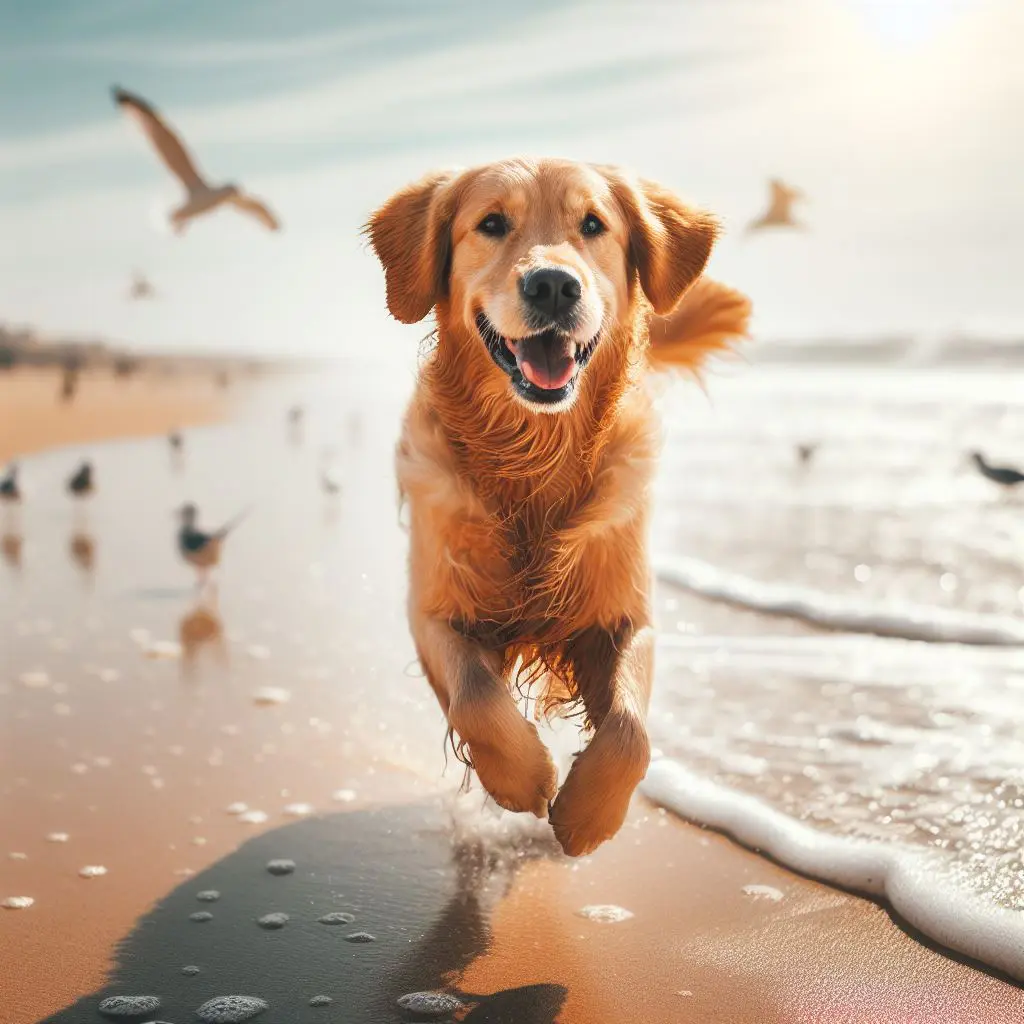

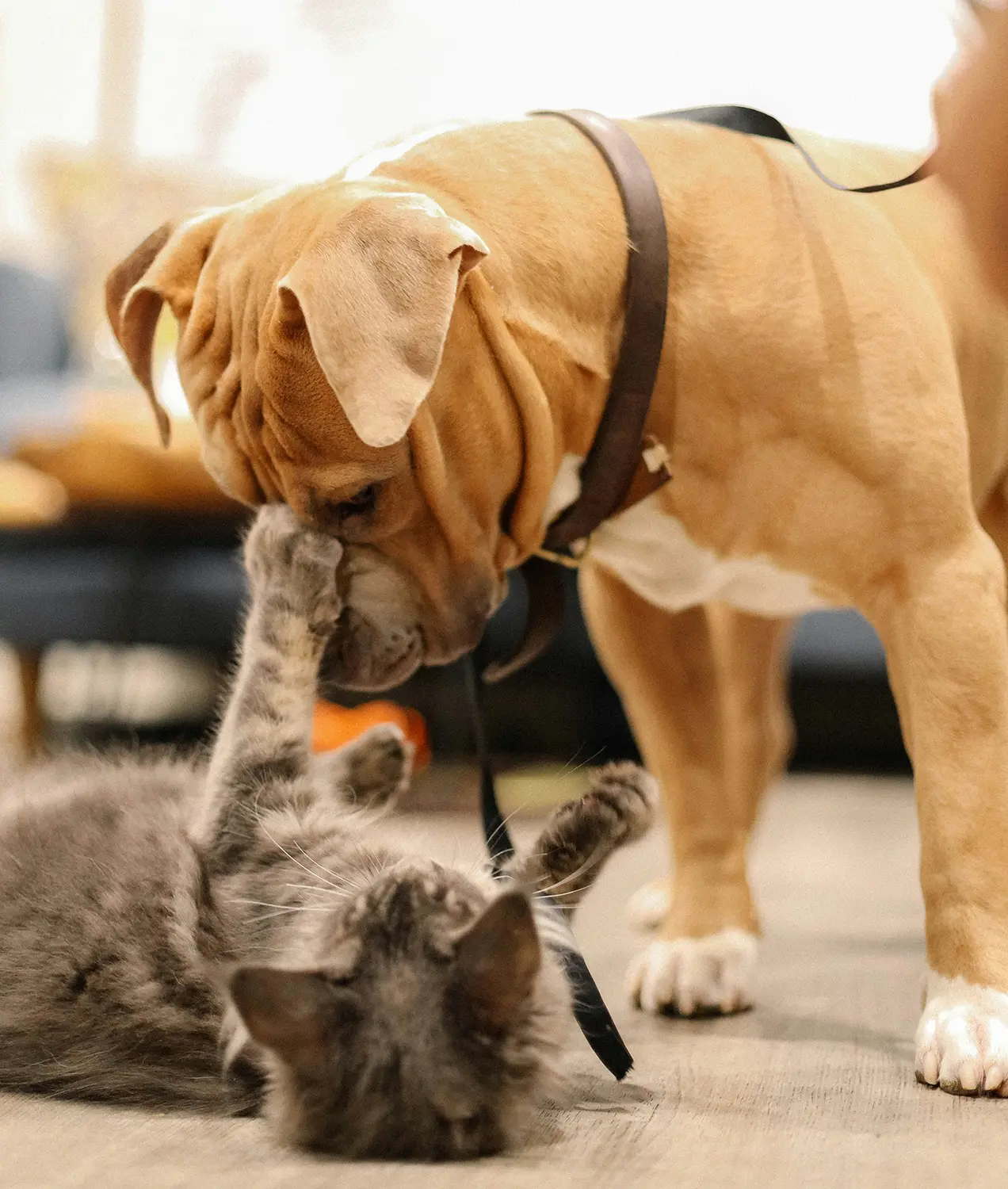
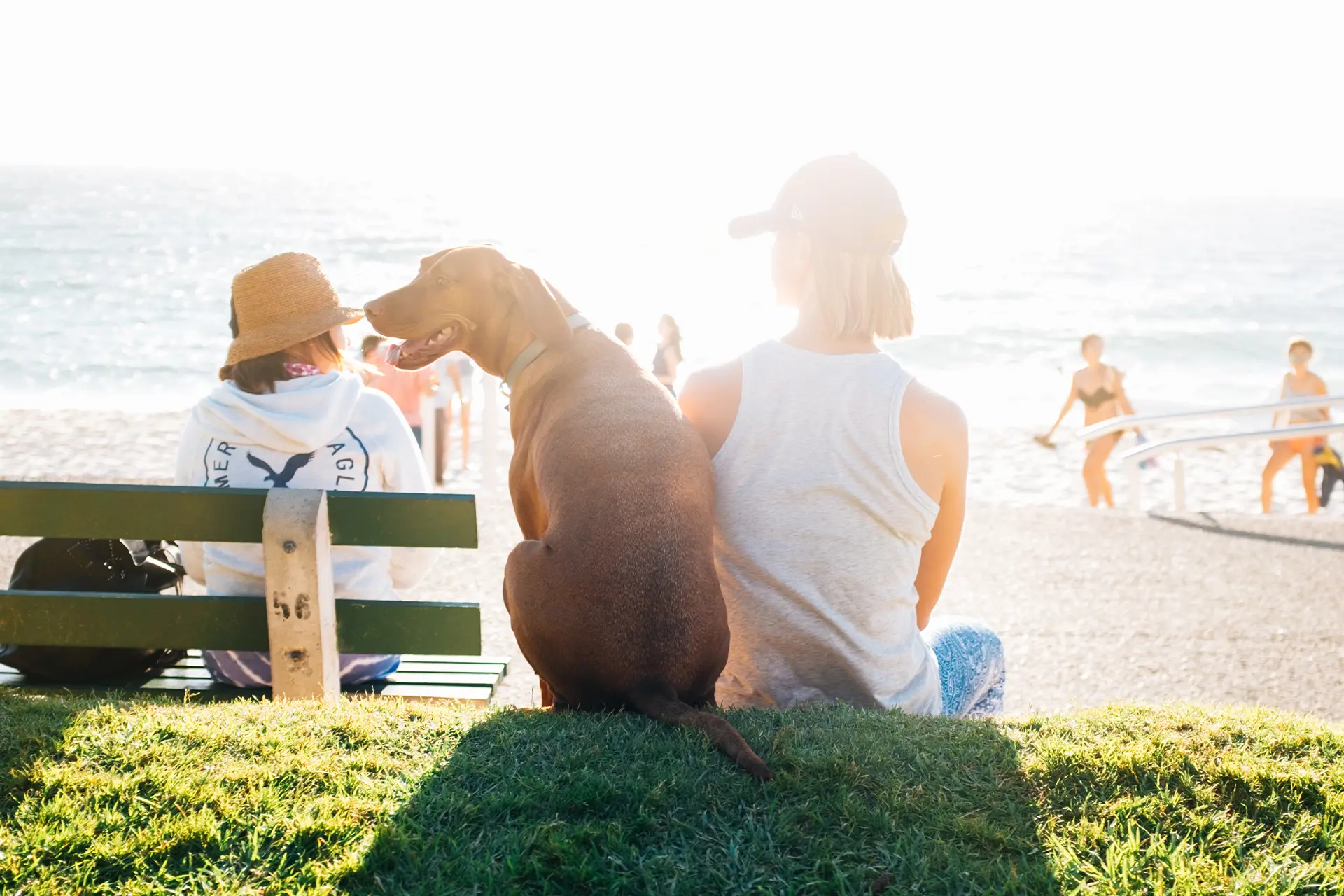

Escribir un comentario
¿Cuál es su calificación general?